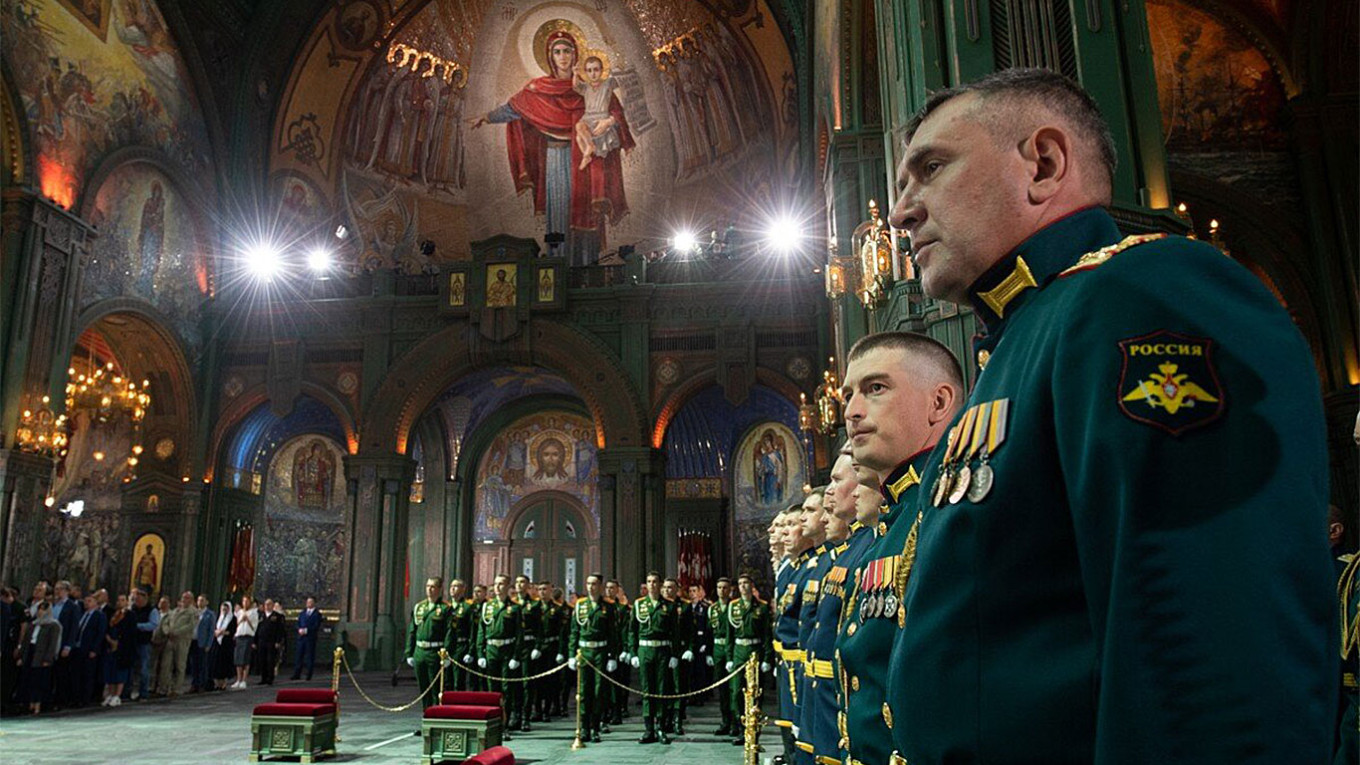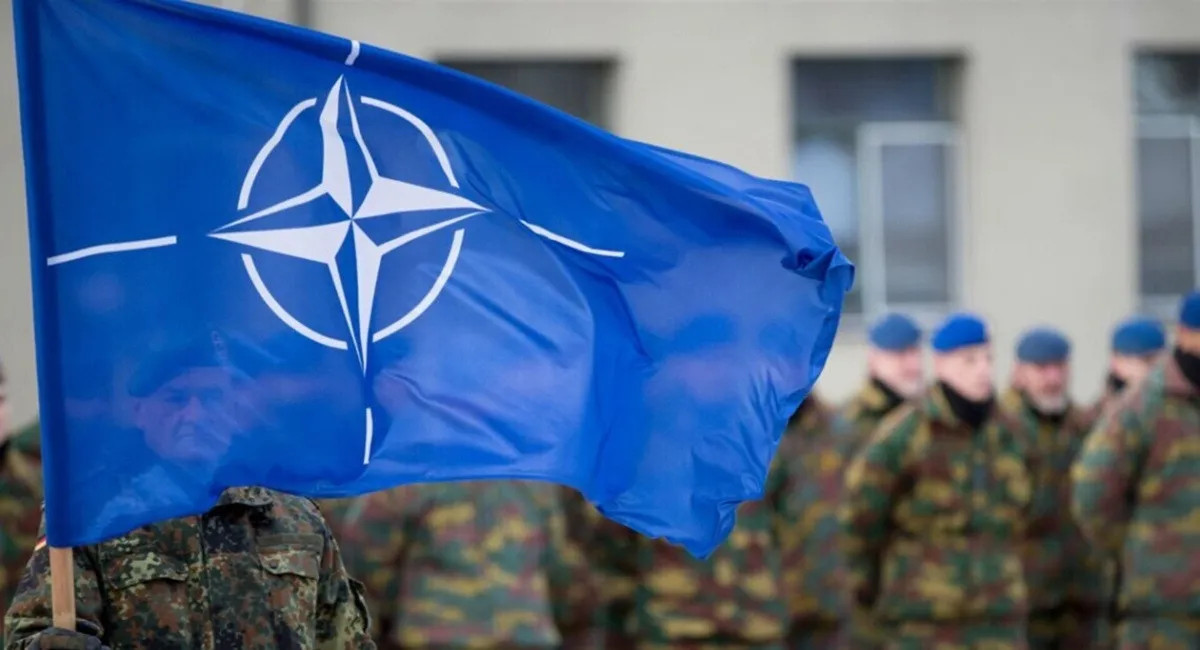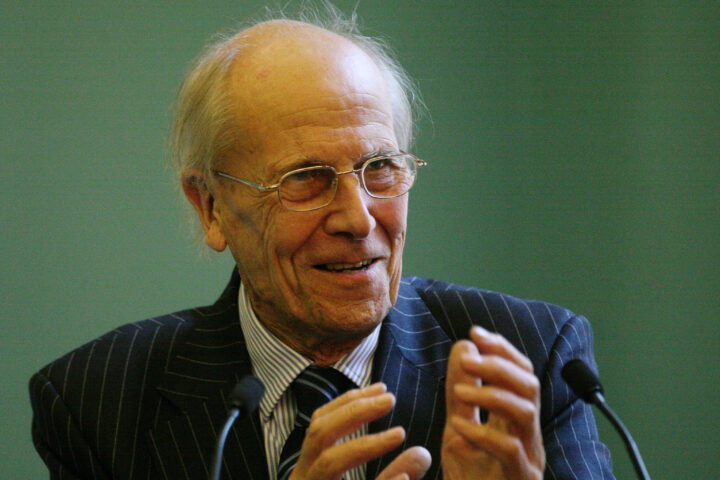The Russian Orthodox Church has officially endorsed a bill that would grant social benefits to the unmarried partners of soldiers killed or missing during Russia’s invasion of Ukraine. The move marks a significant departure from the Church’s long-standing condemnation of cohabitation as a sin, underscoring its evolving role as a political instrument in support of the Kremlin’s war mobilisation.
Patriarch Kirill personally supports legal status for unofficial partners
On 16 July, Senator Andrei Klishas published a letter from Patriarch Kirill addressed to State Duma Speaker Vyacheslav Volodin, in which the Church voiced its support for the bill prepared by a cross-party group led by Volodin. The proposal seeks to extend social guarantees to “de facto spouses” of military personnel participating in the so-called ‘special military operation’ (SVO) against Ukraine. The letter explicitly references wartime decrees from the Soviet era, which recognised civil partners of fallen soldiers during World War II.
In the letter, Kirill stated that the Church supports President Vladimir Putin’s directive to legislate protections for civilian partners and their children, aligning the new measures with historical precedents established in 1944.
Bill advances through parliament with Church blessing
On 18 July, the Duma’s defence committee approved the legislation in its first reading. It provides a legal pathway for women in informal relationships with SVO servicemen to receive benefits similar to those granted to official widows—provided certain conditions are met. The proposal is being prepared for its second reading, with additional amendments under review by the committee on state-building and legislation.
Despite its clear political function, the bill’s architects frame the measure as a response to the needs of families affected by war. The initiative aims to protect the interests of partners and children of those killed or missing in action, even if their unions were never officially registered.
The Church’s shift was further confirmed by legal adviser to the Moscow Patriarchate, Igumeniya Ksenia (Cherniga), who stated on 17 July that the Russian Orthodox Church now officially supports recognising such de facto relationships in the context of military service and loss.
Sharp U-turn in religious dogma raises criticism
The Church’s endorsement of the bill marks a dramatic reversal of its long-standing doctrine. For years, the Russian Orthodox Church denounced extramarital cohabitation as a moral failing. Patriarch Kirill himself repeatedly warned against “living in sin” and preached the sanctity of traditional family values.
Critics argue that this abrupt reversal exposes the Church’s deep political entanglement. The legislation is viewed by many observers as part of a broader strategy to expand the mobilisation base for the war in Ukraine by offering incentives to servicemen and their partners. The sudden sanctification of previously condemned relationships is seen by critics as another example of moral double standards in the service of Kremlin policy.
Patriarch Kirill, once a staunch defender of canonical family values, now finds himself accused of bending theology to suit wartime expediency. Commentators note the growing disillusionment among ordinary Russians, who see the Church’s support for the bill as another sign of its transformation into a quasi-state apparatus, prioritising loyalty over liturgy.
Weaponising morality to expand mobilisation
Analysts warn that the Church’s support for the bill could be a test case for broader ideological adjustments in Russia’s wartime social policy. What was once labelled as “sinful cohabitation” is now effectively legitimised—at least for those fighting under the Russian flag. The shift highlights the Kremlin’s willingness to rewrite social norms to support its military ambitions.
For many, the message is clear: even traditional morality is negotiable when national objectives demand it. The endorsement of informal unions by the Church—once a fierce critic of such relationships—is viewed as part of a larger campaign to package Russia’s war as a sacred mission, complete with revised definitions of duty, family, and sacrifice.













